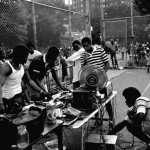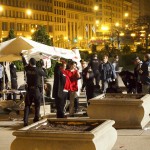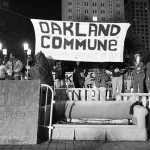
Turn on the Heat: The Underground History of Occupation
In the early twentieth century, hundreds of thousands of African-Americans migrated from the Deep South to Harlem. Racist white residents fled to the outer boroughs and the suburbs, and landlords began to double and triple Harlem rents, capitalizing on the limited geographic options presented to new black New Yorkers. Families crammed into single rooms, but when the first of the… Read more →
 Viewpoint Magazine
Viewpoint Magazine





